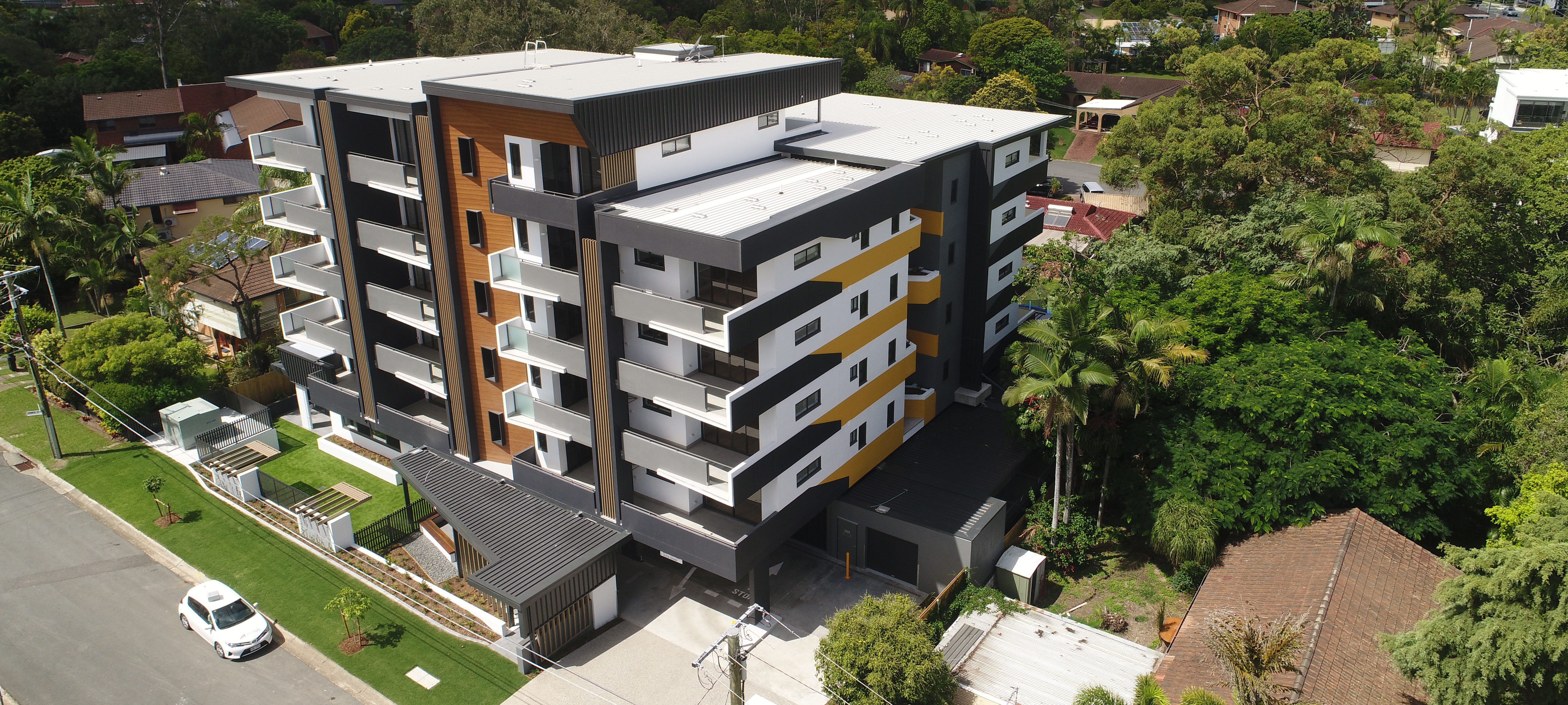
On Tuesday the 2nd of April, Federal Treasurer Josh Frydenberg handed down a budget that I had hoped I would be describing after the event as encouraging, or even catalysing, action to increase Australia’s supply of affordable and social housing. Unfortunately this was not that budget.
A recent report by the Australian Housing and Urban Research Institute indicated that by 2036, Australia will be facing an unmet need of 727,300 social and affordable housing dwellings. Queensland alone will have a need of 174,900 social and affordable dwellings by 2036. At approximately $300k per dwelling, that’s a colossal $52.5b Queensland will have to find to meet the need. With that impending shortfall in mind you would think housing would become the centrepiece of a forward looking Federal Government’s budget. On Tuesday night this was not to be the case. There were no new housing initiatives. No increase to the Commonwealth Rent Assistance. No measures to support the transition of tenants as NRAS continues its wind-up. No response to Federal Labor’s pledge to deliver 250,000 new affordable homes over the next 10 years if elected.
The Treasurer’s only dot-point on housing was a reference to the $315m social bond recently released by the National Housing Finance and Investment Corporation. NHFIC has been welcomed by the community housing sector, however its role must exist alongside a range of different supply and demand-side mechanisms and initiatives to be truly effective.
Instead, this budget sought to champion other investment priorities, namely Infrastructure. $100b of new funding has been touted to bring “congestion busting” road improvements, greater public transport options and other essential infrastructure to support the growth of cities and regional areas across Australia. Wait a minute, is social housing not essential infrastructure too?
On Tuesday evening, moments before the Budget was handed down, I spoke at the AHURI ‘Is social housing infrastructure?’ event held here in Brisbane. My co-panellists and I argued that housing ought to be recognised as essential infrastructure that should be supported and subsidised by Federal Government. In doing so, we enhance the productivity of our communities, attract institutional investment and unlock the ability to deliver affordable housing at volume and scale. I also encouraged the development of a National Housing Strategy, highlighted calls from the sector for the appointment of a Commonwealth Housing Minister, and a bipartisan coordinated commitment at all levels of government to facilitate the delivery of affordable and social housing. If we can put these things together, we stand a chance of meeting the tsunami of a shortfall we are facing.
More and more Australians are becoming aware of the affordable housing crisis faced by many in our cities and towns, as their children are priced out of their own communities, as their elderly mothers face increasing poverty in the private rental sector, and as Millennials despair that they will never achieve the old dream of home ownership. This Budget was the Government’s chance to show that it takes the delivery of affordable housing seriously, and that it understands the scale of the solutions that are needed. Voters will have their chance in May to tell the Federal Government if they believe enough is being done to turn this tide and ensure that every Australian has access to a safe, affordable home.
Stuart Lummis
BHC – CEO

